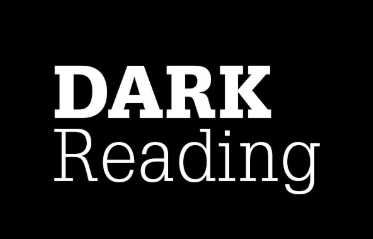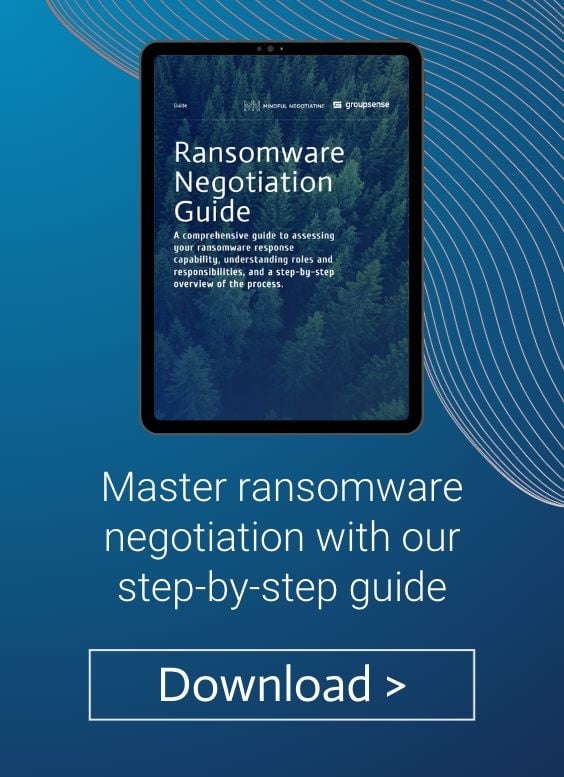Ransomware. Does that term ring a bell? Even if you've never heard those words before, trust me, most of us have experienced Ransomware one way or another. If you live on the East Coast, you remember waiting long hours at the gas pump this past May. That's because a hacking group known as DarkSide hacked the Colonial Pipeline. The hackers demanded a ransom for 75 bitcoins which is equivalent to $4.4 million. How did the hackers break into the oil company's system? Easy. Some employees used the same password they used on another account that was previously hacked. And guess what? Colonial Pipeline paid the ransom and the hackers. $4.4. million dollars—gone, just like that.
The Justice Department was able to eventually recover half of the money, $2.2 million. When we hear about news like this, we mostly ignore it. Until we run out of gas and everyone panics. But once we were able to fill up our tanks again, we all moved on and put it behind us. We often ignore stories like these because, on the surface, it sounds like hackers are attacking large corporations with tons of cash. They've got the money.
But what if I tell you that the real victims here are not just the companies, but really it's you and me. What do you think happens if the company that got hacked decides not to pay the ransom? If the company doesn't cave to the hacker's demands, the hacker will dump the company's data and make it publicly available on the dark web. By the way, the company's data is comprised of your social security number, date of birth, driver's license, and health insurance information... everything an identity thief needs to financially destroy you.
In today's episode, we'll talk to a guy whose job is to negotiate with these hackers. We're also going to talk about how you can protect your most valuable information.
Today's guests are:Kurtis Minder - CEO and co-founder at GroupSense
Eva Velasquez - President and CEO, of the Identity Theft Resource Center





